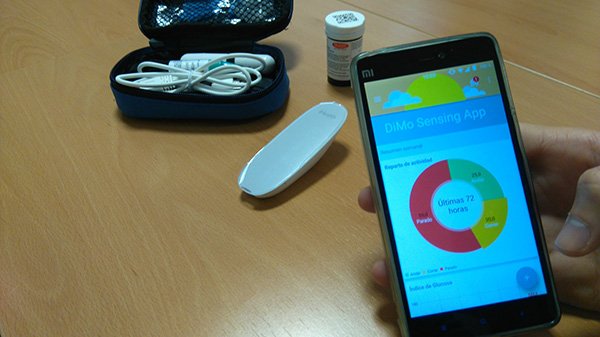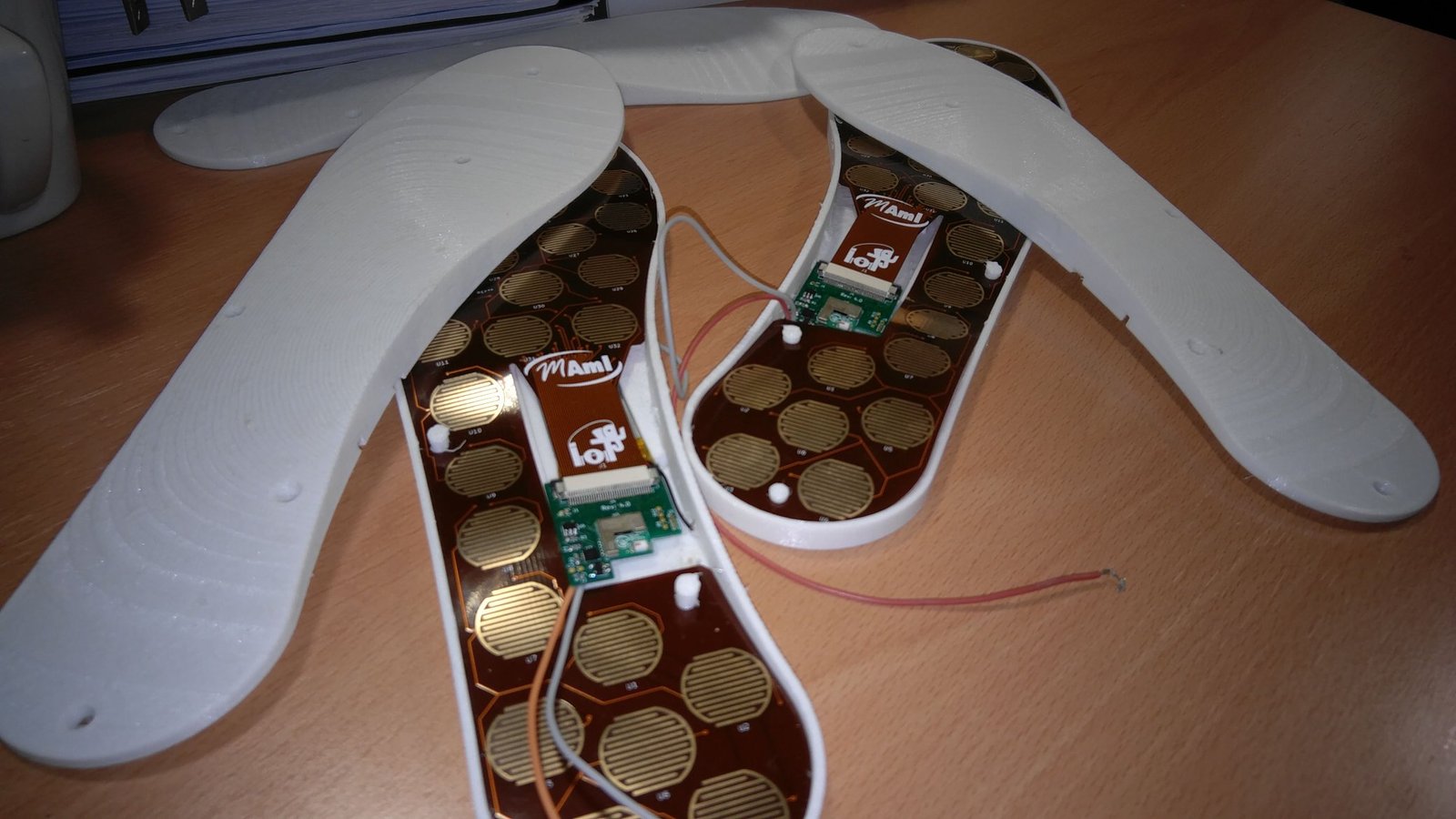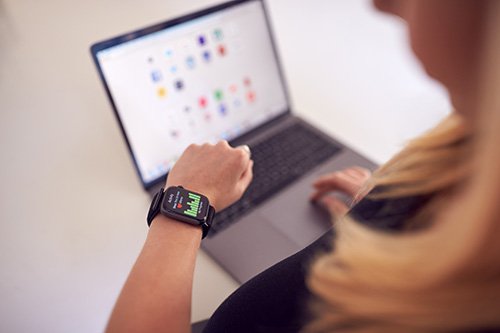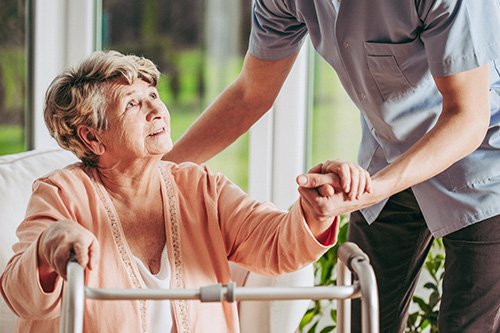Current Projects
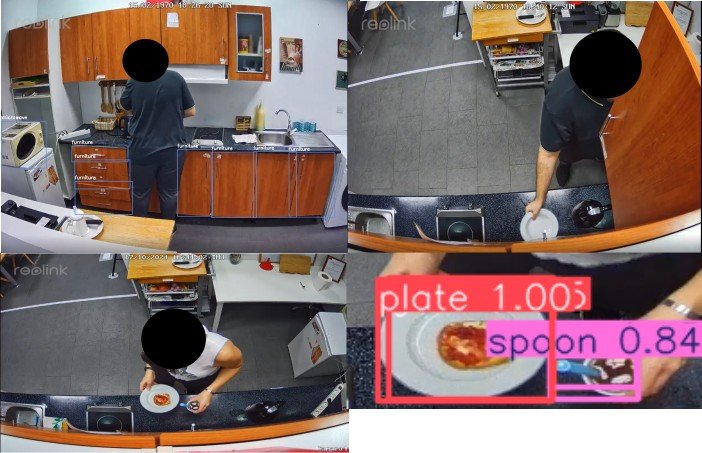
National Project
Just move!: Early detection of MCI through human-movement analysis in everyday life
This project aims to develop a valuable tool to support the early detection of signs of Mild Cognitive Impairment (MCI) by monitoring human motion and human daily life activities and identifying anomalies in their execution. To achieve this, the project seeks to gather information on underlying motor actions—such as gait, limb movements, balance, and posture—as well as contextual data related to Activities of Daily Living (ADLs). This includes recognizing the objects with which individuals interact during activities and identifying each specific activity, all through a minimal and non-intrusive sensing infrastructure.
The JUST-MOVE project focuses on progressively minimizing the sensing infrastructure, relying on a reduced number of wearable devices, body-worn sensors, and ambient-distributed sensors. An AI-based data processing platform (LISA – Living-lab Integrated Sensing Architecture) will be developed and trained to handle data uncertainty and heterogeneity, enabling the detection of anomalies and early signs of cognitive decline for further evaluation by healthcare professionals.
By leveraging natural and non-intrusive technologies—such as wearables and connected home devices—the system will collect relevant data from users’ interactions during everyday activities. This data will be analyzed using artificial intelligence techniques to detect abnormal behaviors at early stages of ADL performance. For example, the system may identify apraxias or freezing episodes during specific phases of an activity, or memory deficit, agnosia-related disorders that hinder the correct execution or completion of tasks, including the improper selection or use of necessary tools—potential indicators of cognitive impairment.
The digital solutions developed within this project—such as the LISA in-home data acquisition platform—can also contribute to daily living support, enhancing long-term caregiving and improving quality of life in a more sustainable and innovative manner.
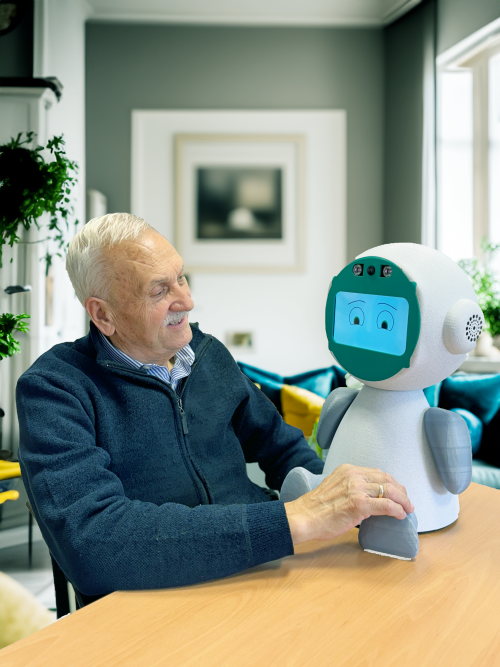
Regional Project
SHARA3: Holistic Care System based on Affective and proactive Robots for Older Adults.
This project aims, from an applied research perspective, to contribute to the improvement of the quality of life of older adults at home through assistants based on proactive and affective robotic platforms, and the study of their intervention for autonomous decision making, and by specialists, according to the needs of the user and their environment. This way we follow a holistic approach, where the assistance to older adults can be seen as a whole, and not as a union of isolated assistive functionalities.
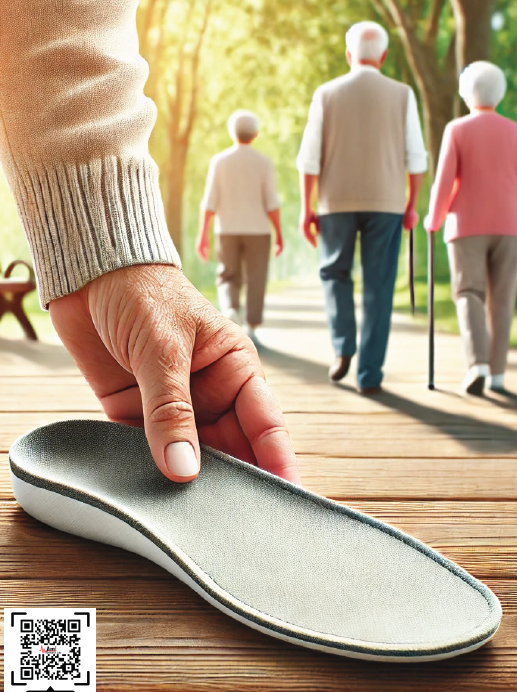
National Project
SSITH: Self-recharging sensorized insoles for continuous and long-term monitoring of human gait.
The goal is to create a product for quantitative gait analysis (QGA). Human gait is a complex and cyclic pattern of simultaneous movements that requires the coordinated interaction of the main parts of the nervous, musculoskeletal and cardiorespiratory systems. Thus, human gait analysis is an essential functional diagnostic tool for the early detection and assessment of disorders and pathologies, although its use can be innovatively extended to other contexts, such as sports
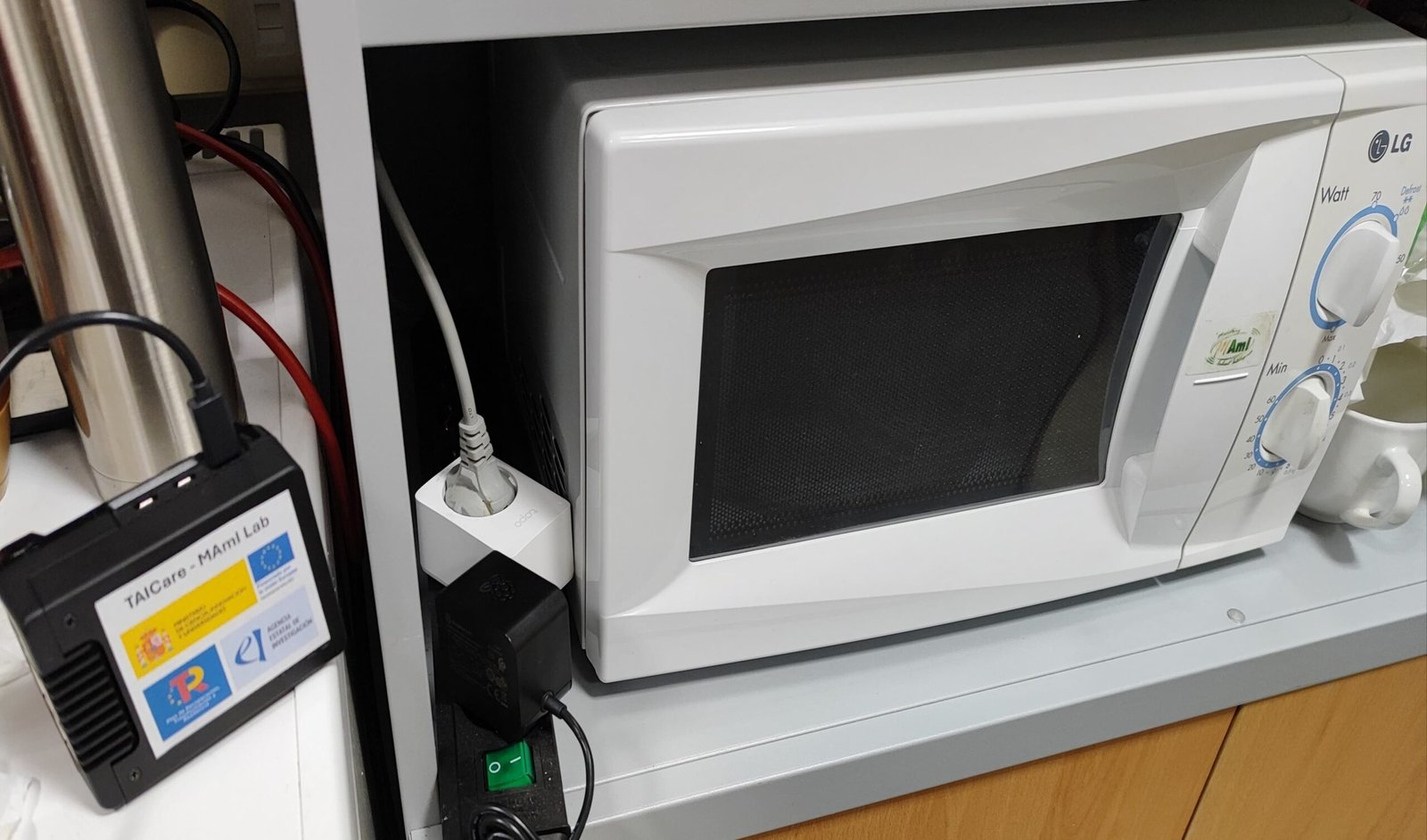
National Project
TAICare: Intelligent transformation of the ADL-based caregiving process and its intervention with digital solutions
The project acronym TAICare corresponds to the pillars of the proposal: Transformation, ADL and Intervention (TAI) for Caregiving (Care). TAI is used in Japanese to indicate the desire for something, in line with the goal that elderly people want to be supported in their daily activities through the proposed digital care transformation system. In more detail, this project will be focused on studying and measuring the ADL tasks performance at home (for primary users), in a transparent way, making use of disruptive devices, technologies and processes. Thanks to traditional and standardized methods based on validated scales, we can assess the independence level of elderly people at home.
Natural and non-intrusive technologies such as Conversational Assistants (CAs) and/or Connected Devices (CDs) at home, allows us to acquire relevant data from users’ interactions to subsequently analyze, with artificial intelligence (AI) approaches, abnormal behaviors at early stages when performing ADL tasks (which may lead to possible cognitive impairment). Besides, related digital solutions can act on daily living to support the long-term caregiving delivery to improve people life quality in a more sustainable and innovative fashion.

National Project
Management & Support of R+D+i tasks in the Wellbeing and Healthcare Living Lab
Management and support of multiple tasks in the domain of WeCareLab, a satellite lab for numerous subscribed research groups, located at the Institute of Technologies and Information Systems (ITSI). These tasks include: Hardware prototyping, data gathering and analysis, software development, assessment with end users and lab promotion. All actions to be performed are embedded into Healthcare and Wellbeing of the population.
Previous Projects

